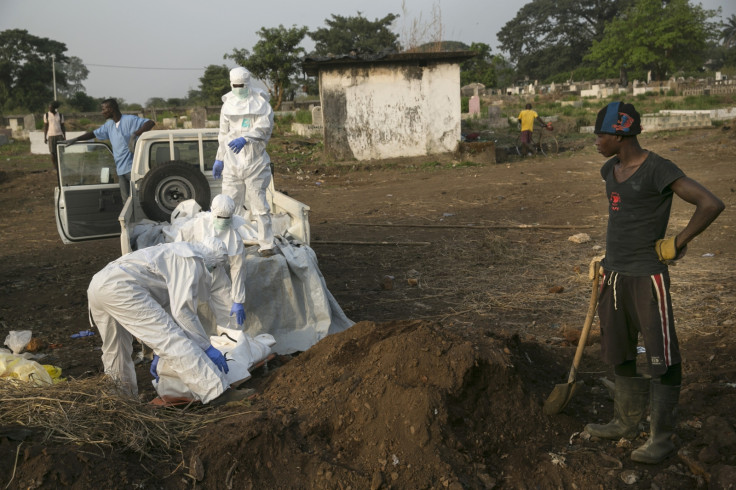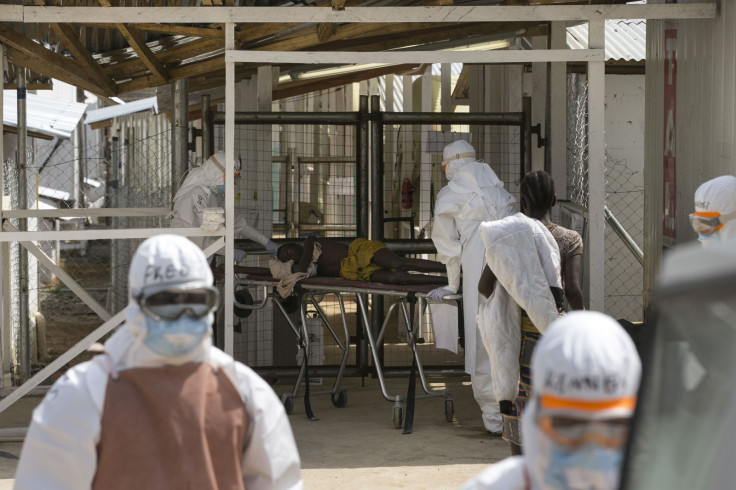Ebola: West Africa strain mutating faster than drugs being developed

The strain of Ebola that has devastated West Africa is mutating faster than scientists can develop drugs, experts have warned.
The Ebola outbreak has left over 8,500 dead, with 21,614 cases confirmed. At present, there is no cure and experts are working to put experimental drugs into clinical trials. No regulatory body has approved any of the drugs being developed yet.
However, their efforts may be futile, as genetic mutations in the Ebola virus could have already outpaced the therapies being developed to combat it.
Researchers at the US Army Medical Research Institute of Infectious Diseases (USAMRIID) published their findings in American Society for Microbiology journal mBio.
In it, they tracked the genetic mutations of the virus over the last 40 years to identify changes in the current strain that could interfere with experimental, sequence-based therapies.
The most promising drugs being developed bind to and target part of Ebola's genetic sequence or protein sequence. However, if this sequence changes, the drugs will not work as effectively.

"We wanted to highlight an area where genomic drift, the natural process of evolution on this RNA virus genome, could affect the development of therapeutic countermeasures," said Gustavo Palacios, senior author of the study.
"Our work highlights the genetic changes that could affect these sequence-based drugs that were originally designed in the early 2000's based on virus strains from outbreaks in 1976 and 1995."
The current strain of Ebola, EBOV/Mak, was compared with strains from previous outbreaks in the 1970s and 1990s. Findings showed mutations in about 3% of the genome. They then narrowed down the search to find the mutations that change genetic sequences targeted by the various drugs.
Findings showed 10 new mutations that could interfere with the drugs currently being tested. Three of these appeared during the current outbreak in West Africa.
"The virus has not only changed since these therapies were designed, but it's continuing to change," said US Army Captain Jeffrey Kugelman, a viral geneticist at USAMRIID.
"Ebola researchers need to assess drug efficacy in a timely manner to make sure that valuable resources are not spent developing therapies that no longer work. The virus mutates rapidly and it's an ongoing concern."
© Copyright IBTimes 2024. All rights reserved.






